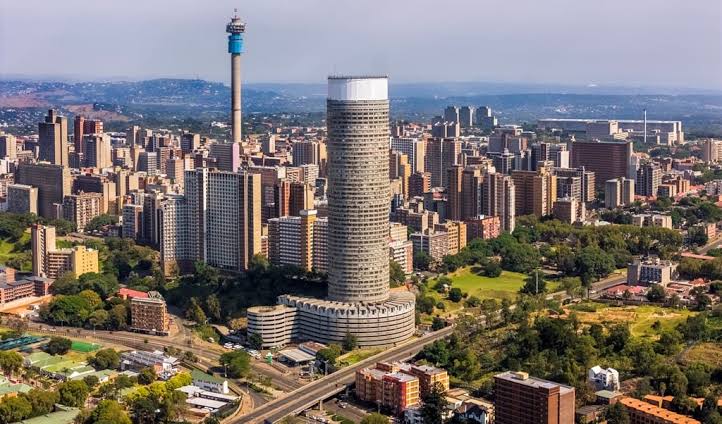
It is becoming increasingly common for people all over the world to pay attention to Africa, which is a continent that is home to a vast array of cultures, thriving communities, and fast changing urban landscapes. The concept of “liveability” is becoming increasingly important as cities across the continent continue to expand and modernize. This concept encompasses a wide range of characteristics, including safety, infrastructure, healthcare, education, culture, and environmental quality aspects. There are numerous urban centers in Africa that provide a high quality of life for their citizens, despite the fact that worldwide liveability rankings frequently place a significant emphasis on cities located in developed and developing countries.
List Of Top 10 Most Liveable Cities In Africa 2026
1. Cape Town, South Africa
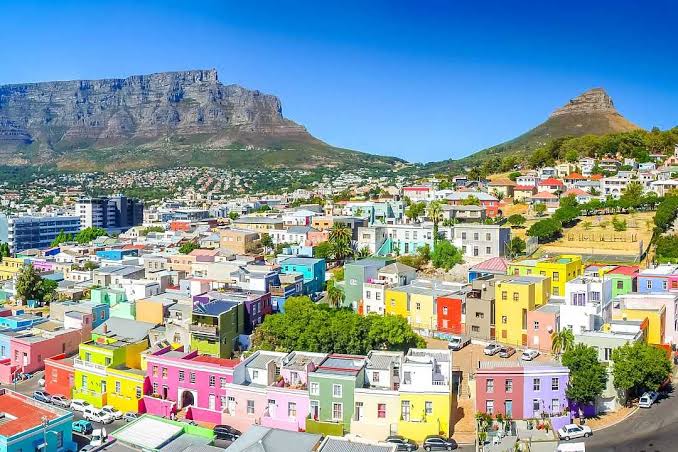
In addition to being a mesmerizing metropolis, Cape Town is frequently regarded as one of the most beautiful towns in the world. It is located at the southwesternmost point of Africa. A dynamic hub where magnificent natural vistas collide with a rich tapestry of cultures, a booming economy, and a spirit of resilience, it is more than simply a lovely postcard but rather a vibrant hub. Cape Town is routinely ranked as one of the most liveable cities in Africa due to its compelling combination of adventure, history, and modern urban living. From the famous shape of Table Mountain to the brilliant hues of the Bo-Kaap and the sun-kissed coastlines of its diversified coastline, Cape Town offers a captivating balance of these elements.
2. Nairobi, Kenya
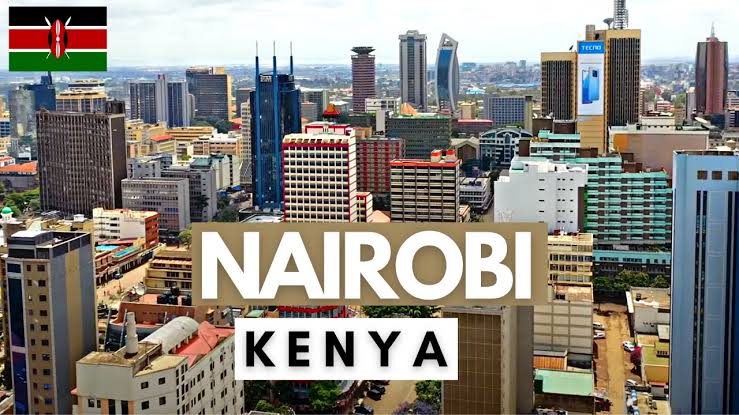
Nairobi, the busy capital and largest city of Kenya, is a city that is a metropolis of many contrasts that are mesmerizing. This bustling metropolis in East Africa, which gets its name from the Maasai term “Enkare Nairobi,” which means “place of cool waters,” combines its long and illustrious history with a forward-looking aspiration in a seamless manner. At an elevation of around 1,795 meters (5,889 feet), Nairobi is located in the south-central highlands. It provides a one-of-a-kind urban experience against a backdrop of astonishing natural beauty, which is how it earned the loving moniker “The Green City Under the Sun.”
3. Kigali, Rwanda
It is a remarkable monument to a nation’s resilience and its unshakable dedication to growth that Kigali, the capital of Rwanda, which is hilly and bustling, serves as a testament to both of these qualities. The city of Kigali has emerged from the ashes of a tragic past to become a brilliant example of urban change in Africa. It has been regularly praised for its cleanliness, safety, efficient infrastructure, and a palpable sense of order. Kigali is more than just a capital city; it is the embodiment of Rwanda’s journey toward peace, growth, and a brighter future. As a result, it is an intriguing case study in the subject of urban liveability.
4. Accra, Ghana
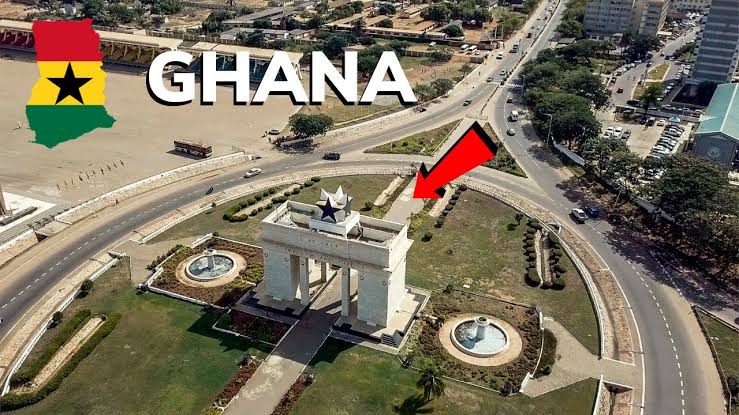
Accra, the bustling capital and largest city of Ghana, exudes a one-of-a-kind energy that captivates all those who come to visit. Accra is a city that offers a captivating blend of tradition and modernity, which is a vivid tapestry that is weaved from historical significance, a lively current culture, and the warm spirit of its people. This huge metropolis, which is located on the Atlantic coast, serves as the economic, administrative, and cultural core of Ghana. It is a tribute to the nation’s rich legacy as well as its hopes for the future.
5. Dar es Salaam, Tanzania
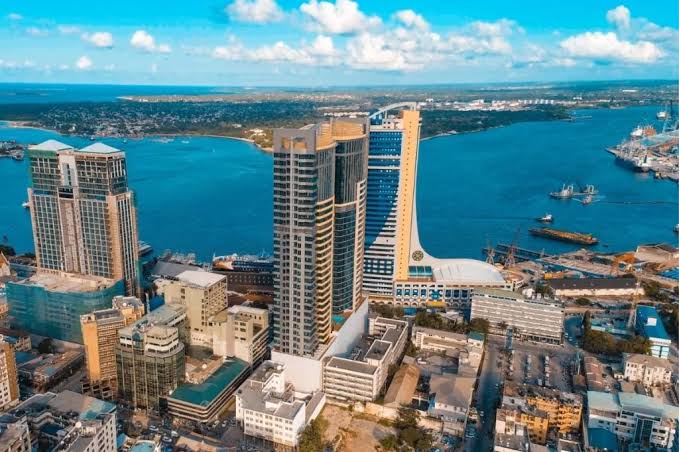
Due to its rich Swahili past, busy port activities, and a captivating blend of African, Arab, and European influences, Dar es Salaam, Tanzania’s sprawling and thriving commercial metropolis, pulsates with a unique vitality that was developed from these factors. With its name, which translates to “haven of peace,” this lively metropolis, which is located along the magnificent coastline of the Indian Ocean, offers a fascinating mix of seaside charm, bustling marketplaces, and a resilient spirit that defines its identity. Dar es Salaam continues to be the undeniable center of Tanzania’s commercial and industrial activity, as well as its cultural life, despite the fact that Dodoma serves as the formal political capital.
6. Johannesburg, South Africa

The city of Johannesburg, or “Joburg” as it is lovingly referred to by the people who live there, is a city that is deeply an integral part of the history of South Africa. It began as a dusty mining camp in the late 19th century, but it expanded fast to become the economic powerhouse of the nation and a lively, sophisticated metropolis that continues to change at a breakneck rate. It was born from the finding of gold in the late 19th century. A city of sharp contrasts, Johannesburg is more than just a financial powerhouse; it is a place where historical tales mix with current energy, and where a spirit of resilience and reinvention permeates the urban landscape. Johannesburg is a city that is more than simply a financial hub.
7. Lagos, Nigeria
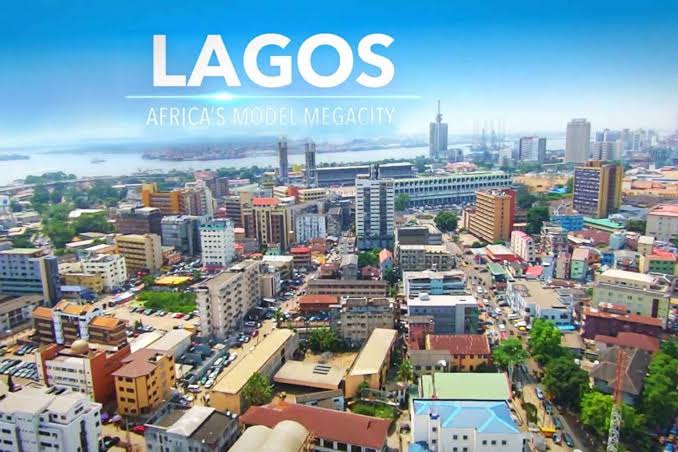
A megacity that is unlike any other is Lagos, which is located in the expansive and throbbing center of Nigeria. Lagos is a city that defies easy description because it is a persistent stream of people activity, a kaleidoscope of cultures, and the indisputable engine of the largest economy in West Africa. A city of sharp contrasts, where rich mansions stand next to busy informal settlements, where cutting-edge technology meets with ancient customs, and where the chase of opportunity feeds a renowned, uncompromising spirit, this city is a city of contrasts. Lagos, which is frequently characterized as being chaotic and simultaneously mesmerizing, is a force of nature, a location that simultaneously overwhelms and exhilarates in equal measure.
8. Addis Ababa, Ethiopia
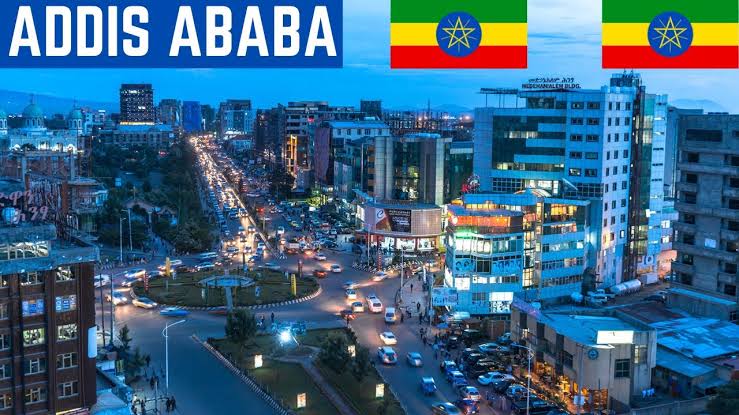
There are a lot of fascinating contrasts in Addis Ababa, which is the capital of Ethiopia and is a huge and active metropolis. Being perched high in the Entoto Mountains at an elevation of over 2,300 meters (7,500 feet), it has a distinctive combination of fresh mountain air, a rich tapestry of old history and traditions, and a developing modern ambition that represents Ethiopia’s expanding importance on the African continent. All of these elements come together to provide a unique and unforgettable experience. The city of Addis Ababa, which serves as the diplomatic center of Africa and is the location of the African Union (AU) and the United Nations Economic Commission for Africa (UNECA), is a place where the rhythms of Ethiopian life and world diplomacy are intertwined.
9. Tunis, Tunisia
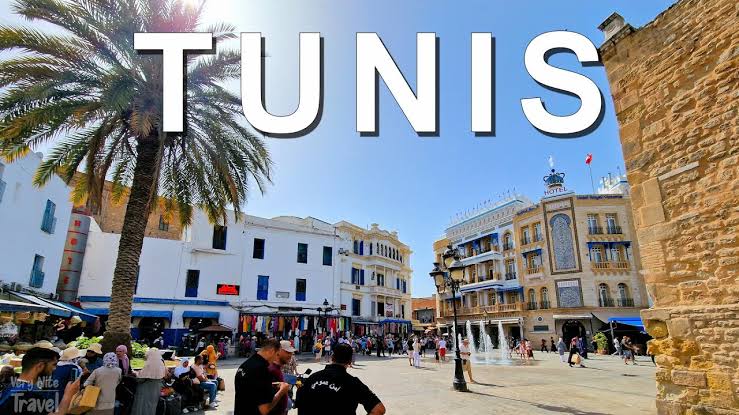
Tunis, the capital of Tunisia, is a city that delicately mixes its rich historical roots with a vibrant contemporary attitude due to its location in the sun-drenched region of the country. The city of Tunis, which is located on the shore of Lake Tunis and is only a short distance away from the turquoise seas of the Mediterranean Sea, provides a mesmerizing combination of ancient echoes and contemporary aspirations. Tunis is a city that captivates and enchants visitors at every turn, from the winding alleyways of its UNESCO-listed Medina to the sophisticated avenues of the Ville Nouvelle, and with the renowned remains of Carthage beckoning in the vicinity.
10. Windhoek, Namibia
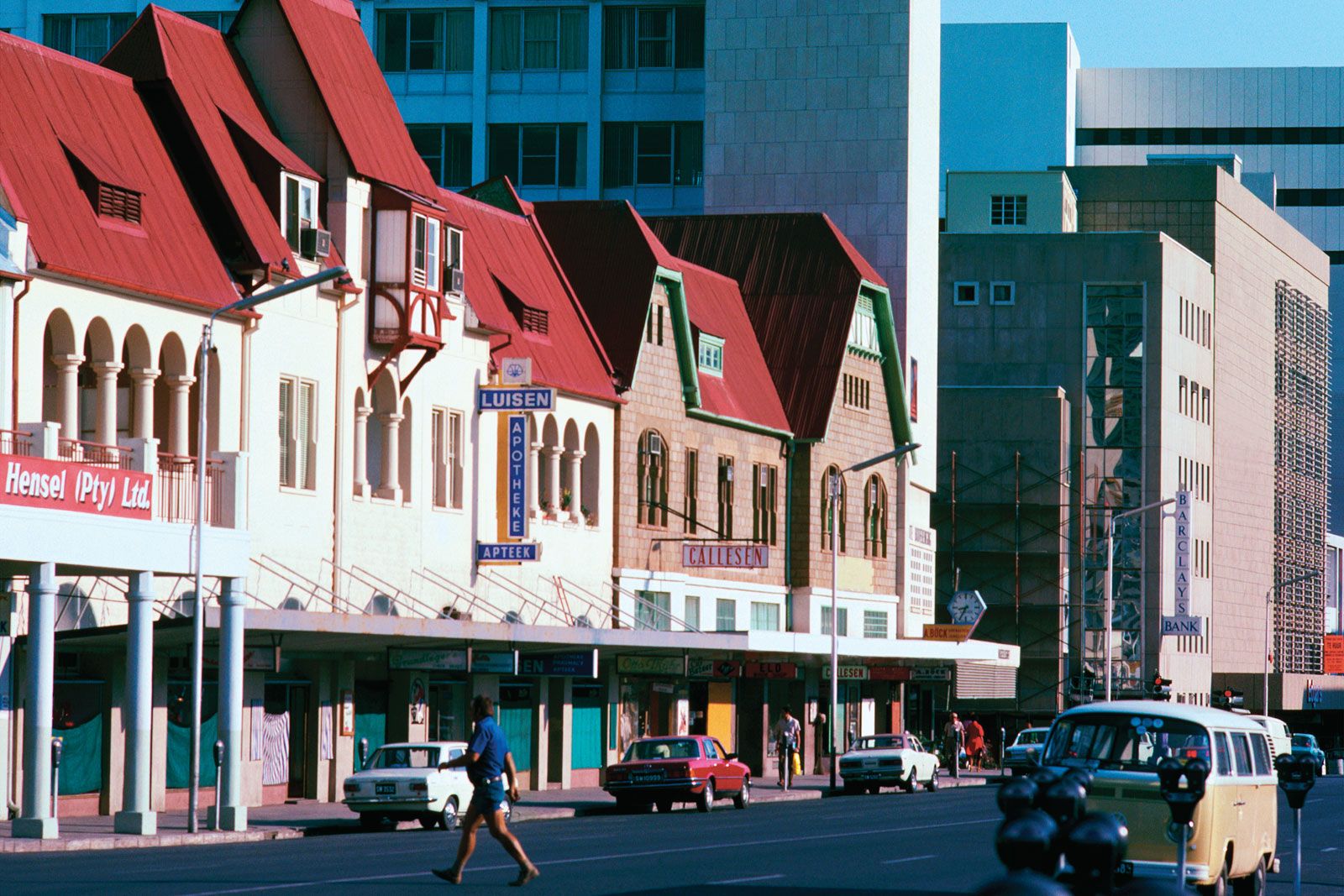
Windhoek, the capital and largest city of Namibia, provides visitors with a one-of-a-kind urban experience. Here, the echoes of Namibia’s European colonial past are beautifully blended with the vivid pulse of modern African life. The city of Windhoek, which is located at an elevation of roughly 1,700 meters and is situated in a basin between the Khomas Highland, the Auas, and the Eros Mountains, is characterized by a temperature that is relatively warm and dry. This environment makes Windhoek an attractive destination and a comfortable location to call home. The fact that Windhoek, which is frequently referred to as one of the cleanest and safest capitals in Africa, serves as the administrative, economic, and social center of Namibia is a monument to the development that the country has made since it gained its independence in 1990.





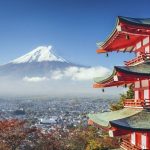
fcg1oy
ff7dyf
Does your blog have a contact page? I’m having problems locating it but, I’d like to shoot you an email. I’ve got some creative ideas for your blog you might be interested in hearing. Either way, great blog and I look forward to seeing it expand over time.
Thank you for sharing most of these wonderful threads. In addition, the optimal travel as well as medical insurance program can often relieve those fears that come with travelling abroad. Some sort of medical crisis can quickly become too expensive and that’s sure to quickly place a financial problem on the family’s finances. Putting in place the excellent travel insurance bundle prior to setting off is worth the time and effort. Cheers
Keep functioning ,remarkable job!